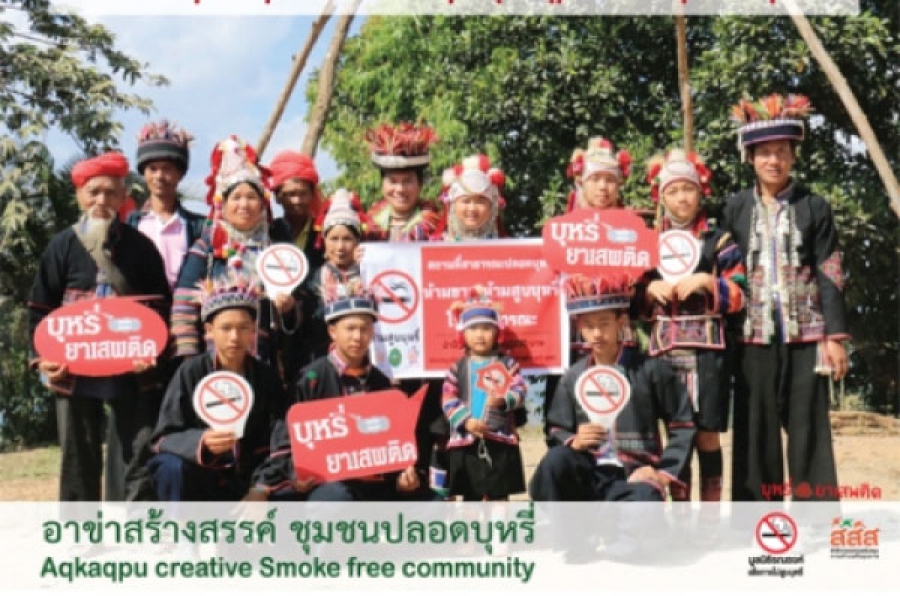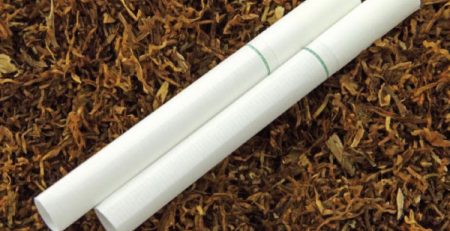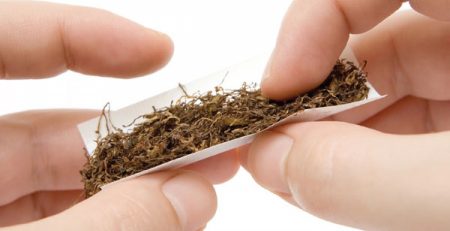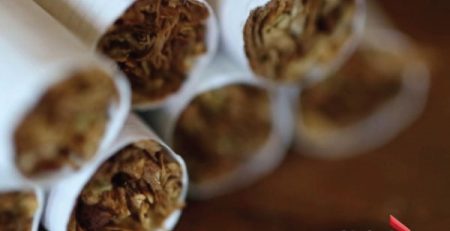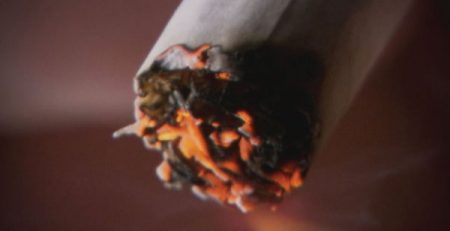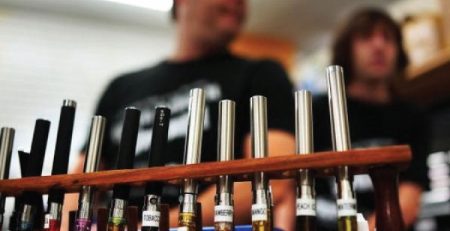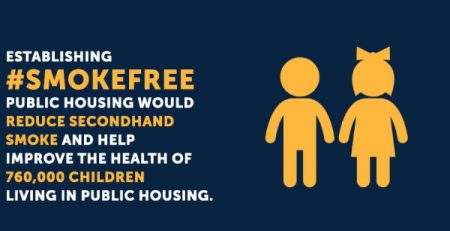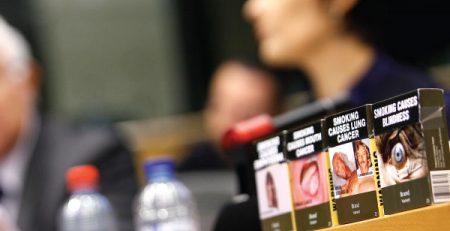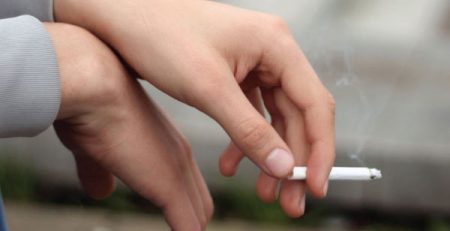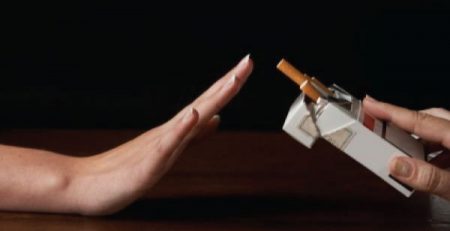The Akha People have the Mistaken Belief that Tobacco Leaf is Not Harmful to Health
Press Release: Tobacco Control Research and Knowledge Management Center (TRC) The Akha People have the Mistaken Belief that Tobacco Leaf is Not Harmful to Health Research results reveal that the Akha have the mistaken belief that shredded tobacco is not harmful to health.
However, records show that many Akha have health problems such as lung problems, respiratory problems and cancers which are found in those smoking shredded tobacco. It is alarming that Akha children start smoking as early as age 12 and many adolescents initiate smoking early. Suggestions to address this issue are to provide knowledge on tobacco harms and apply laws to control local shredded tobacco.
Mr. Patithan Aryi, an independent researcher supported by Tobacco Control Research and Knowledge Management Center (TRC), Thai Health Promotion Foundation (ThaiHealth) revealed research results from the project, Processes for learning to raise awareness in preventing and solving smoking problems among the Akha people (a case study at A. Mae-saruay, Chiangrai province). He reported that the number of Akha people living in Thailand currently is approximately 100,000 people living in 7 provinces: Chiang Rai, Chiang Mai, Phayao, Tak, Lampang, Phrae and Phetchabun. The research conducted in 6 sample villages in 3 sub-districts of Amphur Mae-Saruay indicates that the tradition of the Akha people is to grow tobacco for household smoking and chewing. Through time, the ways of their society have changed resulting in their behavior changing too. However, they still have mistaken beliefs about shredded tobacco smoking. This research emphasizes the current situation and problems in order to develop solutions and to sort out this problem for the future.
Mr. Patithan said that shredded tobacco smoking among the Akha with tobacco growing by this group is currently declining and is likely to disappear. For this reasons, the Akha have changed their behavior and buy tobacco packs for both rolling and chewing. Investigation shows that they buy at least 4 packs per month of shredded tobacco (100 baht per person for shredded tobacco only) and chewing tobacco. For the Akha living in cities, their approximate expense is 150 baht a month for only shredded tobacco; for example, of the Akha living in the Sancharoen village which has an overall population of 1,004 people, 435 of this number smoke shredded tobacco (43.3%), and their whole years expense buying shredded tobacco in this group is at least 522,000 baht. This spending is considered a high value expense because shredded tobacco needs to be purchased from markets instead of by growing their own as in previous times. Smoking mostly occurs in the Akha over 50 years old, followed by those between 30 and 50. Although they have concerns about harms of smoking, it turns out that adolescents under 25, especially those who live upcountry, have mistaken beliefs about cigarettes and shredded tobacco, believing that it helps them have a good life and it is acceptable to their friends. These adolescents start smoking at first because they like to try to smoke, but do not intend to continue smoking until they find that they are addicted. Finally, they become addicted to cigarettes and shredded tobacco with the youngest smoker among them only 12. Moreover, this smoking trend often can spread to women as well.
The most diseases caused by shredded tobacco smoking and chewing Betel nut mixed with shredded tobacco are respiratory, followed by larynx problems and cancers. Besides, shortness of breath, neck or nose pain, suffocation, asthma and tuberculosis are also found in these smokers. There are a lot of smokers who lose their lives caused by shredded tobacco smoking. Investigation revealed that there are a lot of shredded tobacco smokers and those chewing Betel nut who receive treatment and medicines from government hospitals including medicines to stop smoking, bronchodilating drugs and other medicines to help them to relieve their conditions. It is expected that the number of patients using shredded tobacco entering the system is likely to increase, said Mr. Patithan.
Dr. DDS. Siriwan Pitayarangsarit, Director of the Tobacco Control Research and Knowledge Management Center (TRC) said that the Akha people have mistaken beliefs about shredded tobacco not being harmful to their health because of lack of knowledge about the harms of shredded tobacco. Moreover, changing of the Akha society structure is causing the rise of initial smokers. Besides, a lot of local shredded products may not be of good quality because one is unable to know their components, production facilities and they lack legal health warnings. For these reasons, activities are needed to provide more knowledge to better inform thinking about local shredded tobacco. This should be provided to the Akha in order to change their attitudes and indicate the harms of shredded tobacco. Local authorizes should directly carry out this responsibility. Lastly, the scope of legislation should be expanded to cover any local tobacco product sales in markets so these products are free from mold and other contaminants, so production locations are specified, and so the shredded tobacco has a health warning statement on its package.
Request more information, please contact:
Coordinator: HarisTaweewatana, Tel., 0-2354-5346, 089-6627-917, Fax: 0-2354-5347 E-mail: haris@trc.or.th


